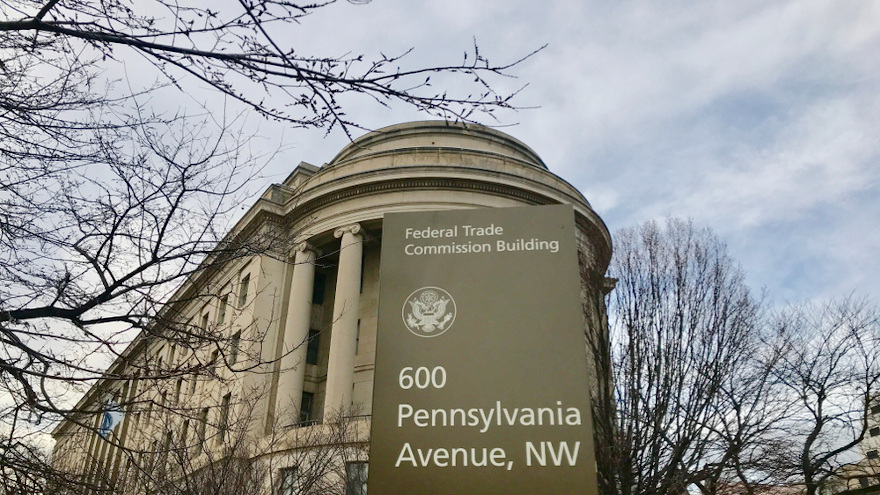FTC reiterates use of ‘plain language’ associated with regulatory activities

Image by Jer123 / Shutterstock.com
By subscribing, you agree to receive communications from Auto Remarketing and our partners in accordance with our Privacy Policy. We may share your information with select partners and sponsors who may contact you about their products and services. You may unsubscribe at any time.
The Federal Trade Commission has made nearly a half dozen public speaking appearances to finish the month and the quarter. Commissioner Alvaro Bedoya previously asked a string of questions about data privacy and artificial intelligence.
And on Friday, Samuel Levine, director of the bureau of consumer protection at the FTC, elaborated about the regulator’s efforts specifically connected to his job title as well as the CARS Rule, which will be argued in the U.S. Court of Appeals for the Fifth Circuit beginning Oct. 7
“Plain language is not just about branding for an agency or its agenda. It’s about demystifying the work we do, and meeting consumers where they are,” Levine said in prepared remarks to attendees at a conference hosted by the International Consumer Protection and Enforcement Network (ICPEN).
Levine pointed out that during the FTC’s last open meeting, the regulator allowed time for individuals to approach commissioners with concerns. He highlighted how beneficial the dialogue was that happened earlier in September.
“This two-way engagement is mutually beneficial. The public has a better understanding of the important work we do, and we have a better understanding of consumer protection challenges and real-world harms that may not be apparent otherwise,” Levine told ICPEN event attendees.
Levine then touched on the FTC’s efforts to curtail “junk fees,” as well as the formation of the CARS Rule, which has received significant pushback from the dealer community, creating the upcoming oral arguments in the federal court in New Orleans.
Subscribe to Auto Remarketing to stay informed and stay ahead.
By subscribing, you agree to receive communications from Auto Remarketing and our partners in accordance with our Privacy Policy. We may share your information with select partners and sponsors who may contact you about their products and services. You may unsubscribe at any time.
“After we proposed our junk fee ban last year, we received comments from more than 60,000 people — not only consumer advocates and trade associations but everyday consumers who told us about experiences they had with these fees,” Levine said.
“These efforts genuinely make our work better,” he continued. “Our rule to protect car-buyers, for example, underwent changes after we heard concerns from consumers and the business community about certain provisions. We also made changes to our fake review ban based on public feedback. Tapping into the public’s expertise and lived experience makes our work better, and the fact that we take this feedback seriously creates a positive feedback loop to strengthen engagement.”
While acknowledging several concepts and terminology emanating from the FTC often requires a law background, Levine pledged that the regulator is striving toward making its activities easily understand by both consumers and businesses.
“Let me conclude by reiterating my belief that we enjoy a real moment of opportunity to deepen the public’s engagement with the work we do,” Levine said. “In the United States and around the world, deceptive pricing, dark patterns, digital fraud and more have become top issues for policymakers. Not because the government made them so, but because of grassroots frustration with the everyday abuses consumers endure.
“And that gives us an opportunity. An opportunity to show that we are listening to the public. To show that we have unique tools and ideas to make markets more fair. To describe our work in language people can understand and contribute to. And to reach out across disciplines and across borders to develop cutting-edge solutions to decades-old problems.”


